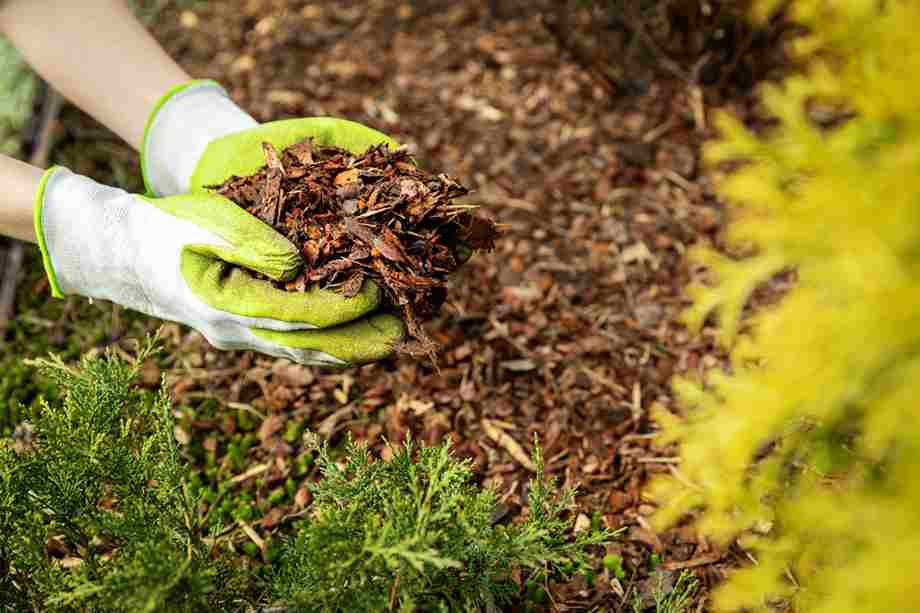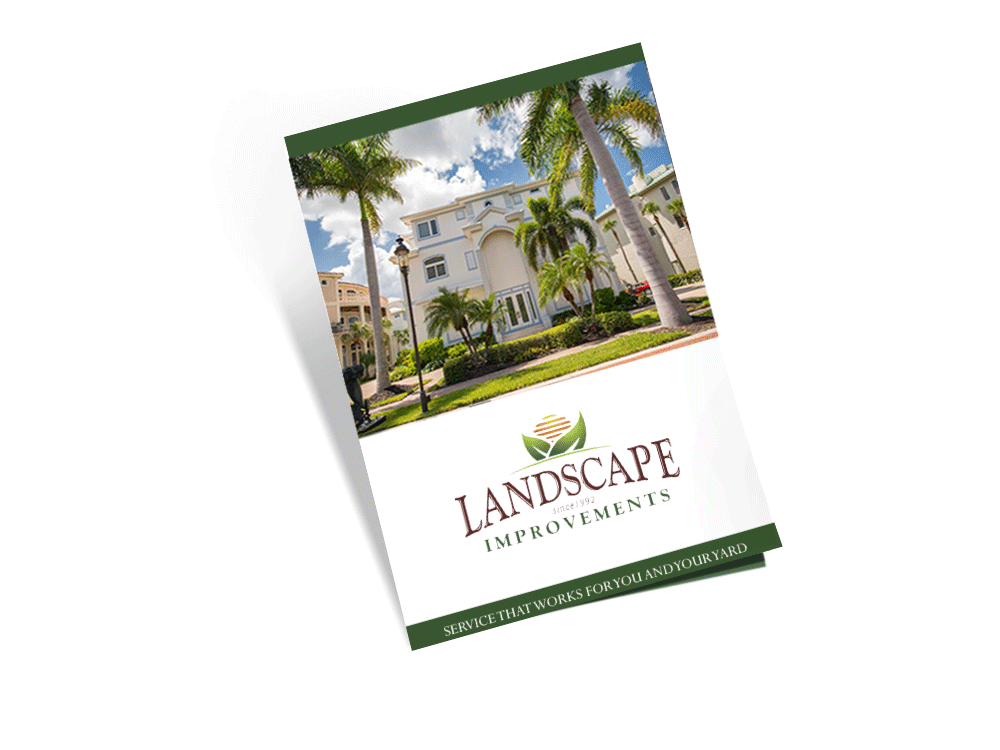What is Organic Mulch, What You Need to Know

If you are planning to give your backyard a makeover, gardening and landscaping is the way to go. Landscaping includes putting up structures and plants to make your outdoor space more aesthetic or more suitable for whatever purpose you have in mind. Gardening on the other hand involves tending the garden itself, making sure that you keep the landscaped space well kept.
How can you keep your plants healthy without gardening taking so much of your time? Organic mulch might just help you with that.
Mulch is used by gardeners to help trap moisture in your soil so you don’t need to water your plants as often. It also acts like an insulator, protecting your plants and their roots from getting too hot during summer, and too cold during winter. Mulch can even suppress weeds from growing in your plant beds.
Organic Mulch versus Inorganic Mulch
There are two types of mulches available, organic mulch and inorganic mulch. Organic mulch is made up of natural matter that decomposes like leaves, grass clippings, bark, etc. It can give your garden soil additional nutrients, and improve soil fertility and texture. It also attracts good soil microbes and even earthworms that can both help your plants to flourish. But because it decomposes, you have to replace it at some point. The frequency of replacing your organic mulch will depend on how quickly the mulch will decompose. On the other hand, inorganic mulch doesn’t break down. It can last longer than the organic mulch because it doesn’t decompose and can be better at suppressing weeds. Inorganic mulches can be gravel, stones, plastics, rubber, etc. Spring and autumn is the best time to apply mulch in your garden. Which time is the best time for your garden? It all depends on what your garden needs. Inorganic mulch has the tendency to pollute your garden in the long run, and might also prevent nutrients from reaching your garden soil. If you want to make sure that your plants are taken care of even without tending to them too much, try organic mulch in your garden.Types of Organic Mulch
There are a lot of organic mulches to choose from. One type can be good for certain plants, while other types might do more harm than good. Don’t worry. It’s okay to use different types of organic mulch in your garden instead of just choosing one. Check out the list below to know which ones will work best in your garden.Wood Chips
They are excellent at preventing erosion and suppressing weeds, plus it won’t ruin the aesthetics of your garden. They will be perfect around your pathways, perennial plants, bushes, and trees. The larger the wood chips are, the longer it will take for them to decompose. Find a local arborist in your area to get them for free. Avoid putting them on your veggie patch and annual plants because they steal nitrogen from the soil surface.Compost
This is the ultimate DIY mulch. Make a compost bin and throw your food scraps, fruits and vegetable peel in there. Don’t get too excited throwing all your food scraps. Avoid putting high-fat food, meat, bones and animal wastes. If you do this right, you will have a good compost ready for use between 6 to 12 months.Grass Clippings
You will never get annoyed by throwing grass clippings on your lawn from now on. Make sure your grass clippings are dry before using them as mulch. Ensure you don’t use wet, diseased or chemically-treated clippings to avoid ruining your garden soil and harming your plants. A smart technique for applying this is by spreading a thin layer of clippings and waiting for them to completely dry first before adding another layer of clippings.Leaves
Make sure to use decomposed leaves to get all the mulch benefits. It decomposes quickly but is nutrient-rich. They can help retain moisture to help your plants during drought season and improve the soil structure. If you have no time to decompose your leaves, your option is to spread dry leaves instead. Make sure to shred your dry leaves finely because they will prevent water from penetrating the soil.Tree Bark
This organic mulch is your best option if you want to suppress weeds and plant diseases, prevent wind erosion, and withstand soil compaction. Certain tree bark mulches are longer lasting than others. Soft wood like cedar and pine tree bark release nutrients to your soil and decompose more slowly so you don’t need to replace it as often. This is the best organic mulch for your hydrangeas, rhododendrons and azaleas.Pine Needles
Also called pine straw, they are the organic mulch perfect for ridges and slopes. They are best for acid-loving veggies like tomatoes and carrots. This organic mulch can last for at least four years, and bring out an amazing aroma as it ages. Don’t worry about soil acidity because it neutralizes as the organic mulch decomposes.How to Choose the Best Organic Mulch
Remember to choose the type of organic mulch that will help your garden stay beautiful and healthy. If you have a vegetable garden, find an organic mulch that will make your garden flourish. If you have shrubs or trees, find the same for them. For those who plan to DIY all the way, research and learn how to properly apply the organic mulches first. This is to ensure that you won’t ruin your garden by harming your plants and soil. Or you can always hire landscape experts to do it. If you want to go home and relax to your idea of a perfect landscape, contact Landscape Improvements and let them handle the job for you. Call 407-606-7326 or email at info@landscapeimprovementsfl.com. Check out our services today.Browse By Categories
- Blog (1)
- Commercial Landscaping (8)
- Container Gardening (1)
- Design (3)
- Emergency Tree Removal (3)
- Irrigation System (1)
- Landscape Installation (5)
- Landscape Lighting (13)
- Landscaping (43)
- Residential Landscaping (8)
- services (16)
- Sod Installation (2)
- Uncategorized (4)
Landscape Improvements
Design and Maintenance Brochure
Family Owned Since 1992
We create beautiful landscapes and outdoor living spaces.
We create beautiful landscapes and outdoor living spaces.



